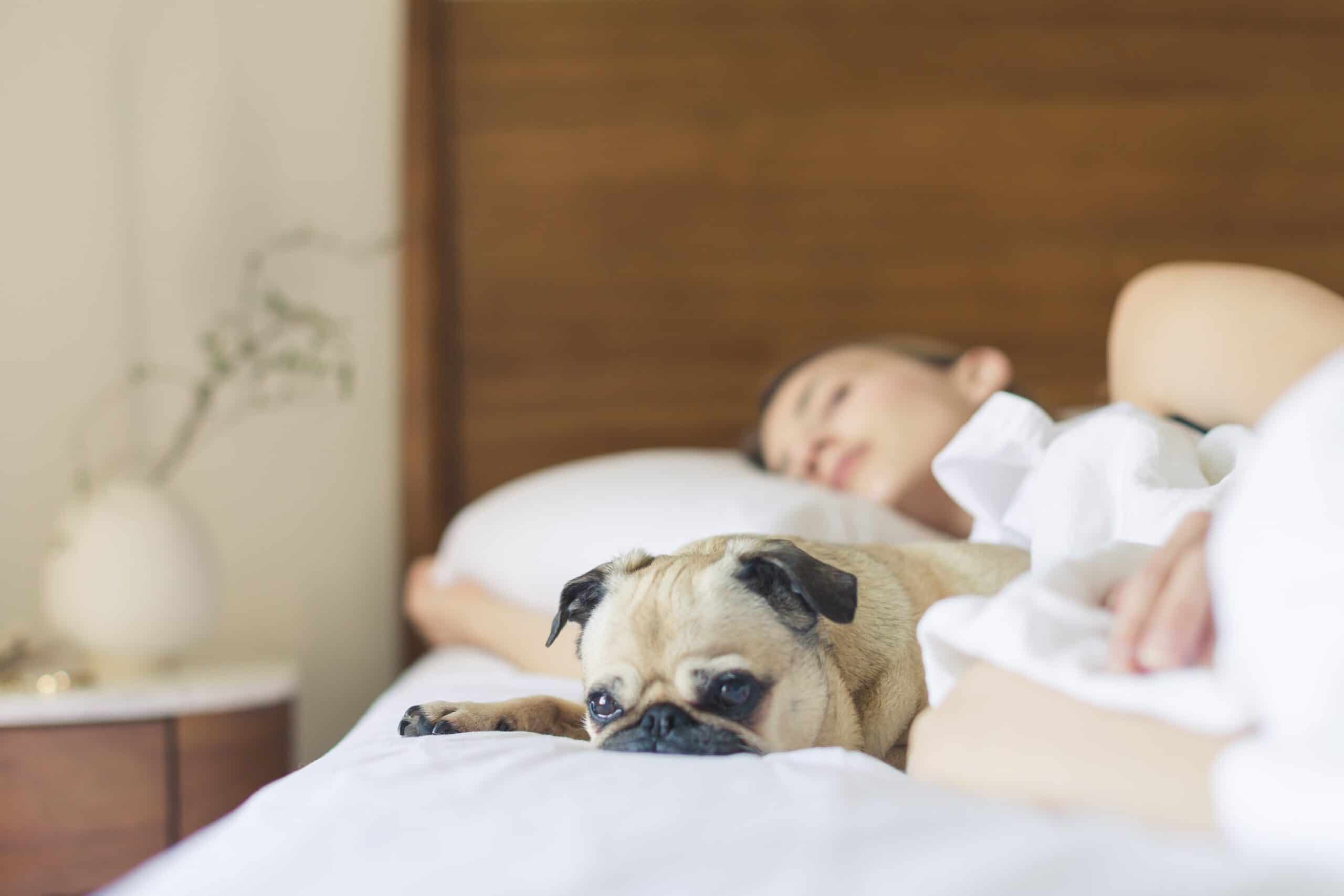
There’s really nothing like a good night’s sleep and when we don’t get it, we pay the price. Fortunately, new research is revealing some of the secrets of getting good sleep, and we can reap the benefits. One of the major revelations of recent years is how sleeping temperature affects how well we sleep — and also our health.
Ideal Temperature?
We all have our preferences when it comes to sleeping temperature, but it may surprise you to find out that most people sleep best in a colder room. Not only should the lights be off and all digital devices put away, but the thermostat should be set way down — anywhere from 60 to 72 degrees Fahrenheit. The ideal temperature in fact, may be in the lower end of that scale: 60-67 degrees Fahrenheit.
The reason? When we start to fall asleep our body temperatures go down. A colder room helps that to happen so that we produce melatonin, the natural hormone that helps us sleep. Melatonin production is essential for us to fall into REM (rapid eye movement) sleep, the deep stage of restorative sleep that we all need for good health.
Setting the Stage for Good Sleep
If you regularly have trouble getting good, restorative sleep of several hours’ duration, try setting the stage by doing the following:
- Get some brisk exercise sometime during the day so you’ll relax better at night.
- Eat dinner earlier in the evening, avoiding alcohol and sugars after dinner.
- Go to bed at the same time every night.
- Make sure your mattress is comfortable and supports your body — not too hard or soft is usually best.
- Avoid looking at digital screens an hour prior to going to bed.
- Turn off all lights in the bedroom. No lit candles either.
But before you get into your routine, set the thermostat appropriately. Another option, consider upgrading to a programmable or Wi-Fi thermostat where you can set the temperature for bedtime once and not have to think of it again.
For more on home comfort solutions, contact Jackson and Sons Heating and Air.
Jackson & Sons, Inc.
Our goal is to help educate our customers in Eastern North Carolina (including Wayne, Johnston, Greene, Lenoir, Pitt and Duplin Counties) about energy and home comfort issues (specific to HVAC systems).
Credit/Copyright Attribution: “pexels_Burst”